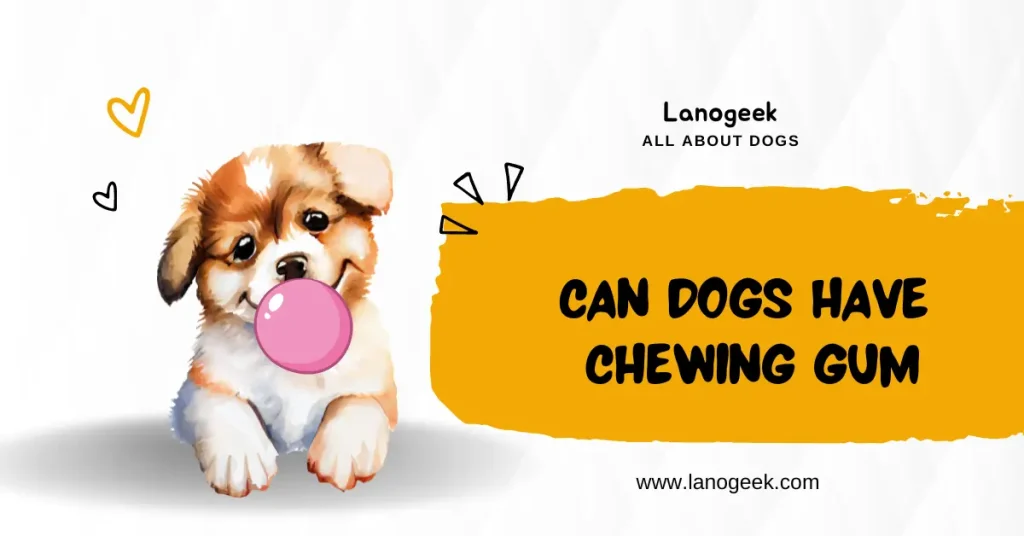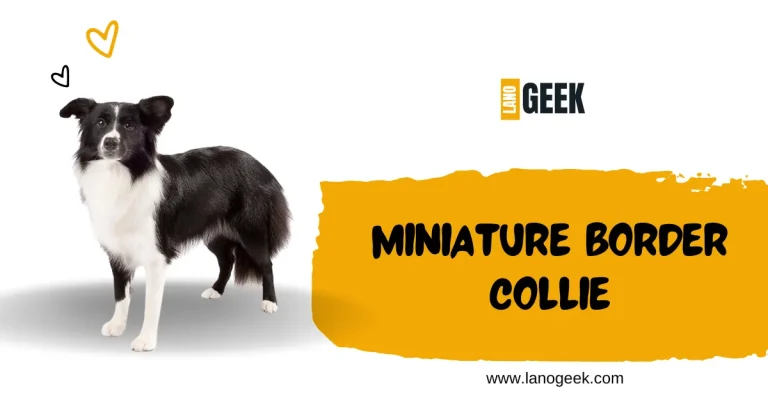If you’re a dog owner, it’s crucial to understand the potential hazards that chewing gum, especially sugar-free varieties, can pose to your beloved furry companion. In this comprehensive guide, Let’s talk about the perilous effects of xylitol, an artificial sweetener commonly found in chewing gum.
Recent read: Nux Vomica For Dogs
Xylitol, touted as a healthy alternative to sugar for humans, can spell disaster for dogs with just a small amount. From causing severe drops in blood sugar levels to triggering liver damage, the consequences of xylitol ingestion can be life-threatening for our canine friends. Throughout this article, we’ll explore the insidious nature of xylitol, the symptoms of poisoning in dogs, and the urgent steps every pet owner should take if their dog accidentally consumes gum containing this toxic substance.
Risks
A commonly used artificial sweetener, poses significant risks to dogs when ingested. We will explore into the key aspects of xylitol toxicity to better understand its dangers
Xylitol Product
lt is prevalent in sugar-free gum and various other products. It serves as a low-calorie sweetening agent, making it appealing for human consumption. However, its presence in everyday items poses a grave threat to dogs.
Impact On Dogs
The toxic dose of xylitol for dogs is alarmingly low, approximately 0.05 grams per pound of body weight. Even a small amount can trigger severe reactions in dogs, ranging from hypoglycaemia (low blood sugar) to acute liver failure.
Symptoms
Recognizing the symptoms of xylitol poisoning is crucial for prompt intervention. Dogs may exhibit stumbling, vomiting, weakness, seizures, coma, and signs of liver damage after ingesting xylitol-containing products.
Care
Immediate veterinary attention is paramount if a dog ingests xylitol. Veterinarians will monitor blood sugar levels and liver function, administer appropriate treatment, and provide supportive care to mitigate the effects of xylitol poisoning.
Contact On Emergency
The moment you suspect your dog has ingested gum, contacting the nearest veterinary emergency clinic is paramount. Time is of the essence in these situations, and swift action can make a significant difference in your dog’s outcome.
Conclusion
Sugar-free gum, often containing xylitol, poses a significant risk to dogs due to its toxicity. Recognizing the potential hazards of chewing gum can help prevent accidental ingestion and protect your furry friend from harm.
Even if gum doesn’t contain xylitol, the risk of intestinal blockage remains a concern. Dog owners should remain vigilant for signs of obstruction and seek veterinary care promptly if symptoms arise to ensure timely diagnosis and treatment






